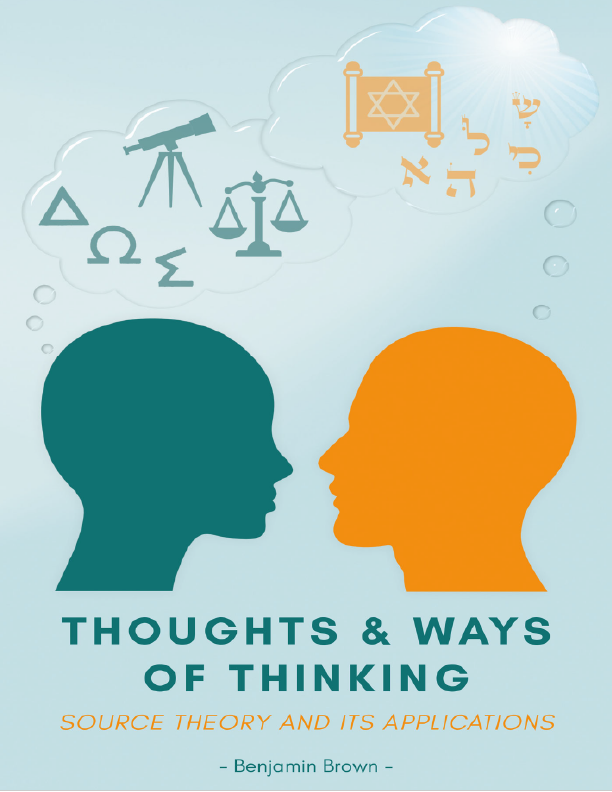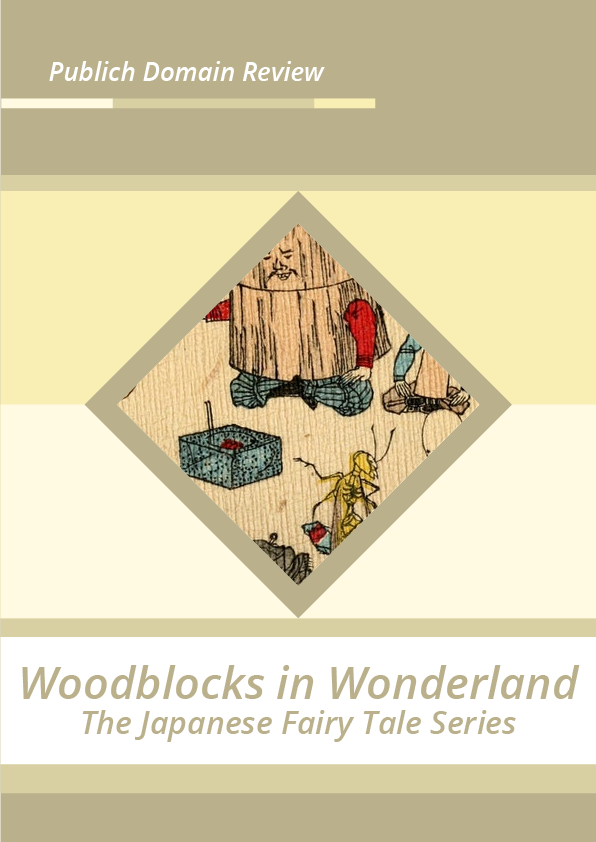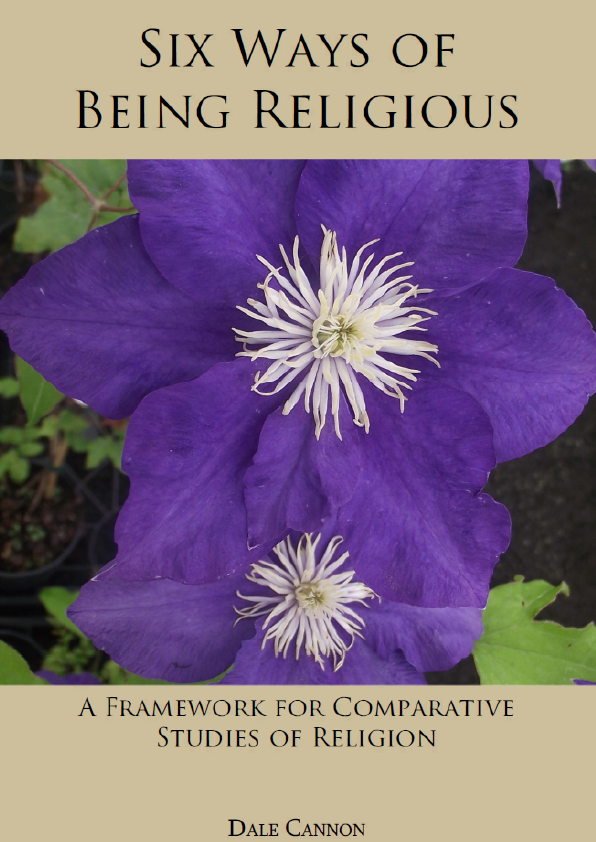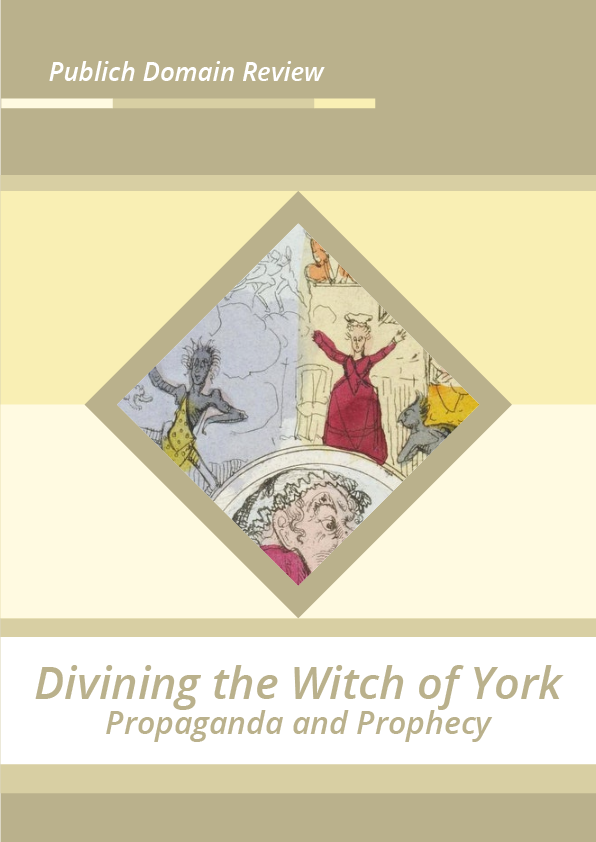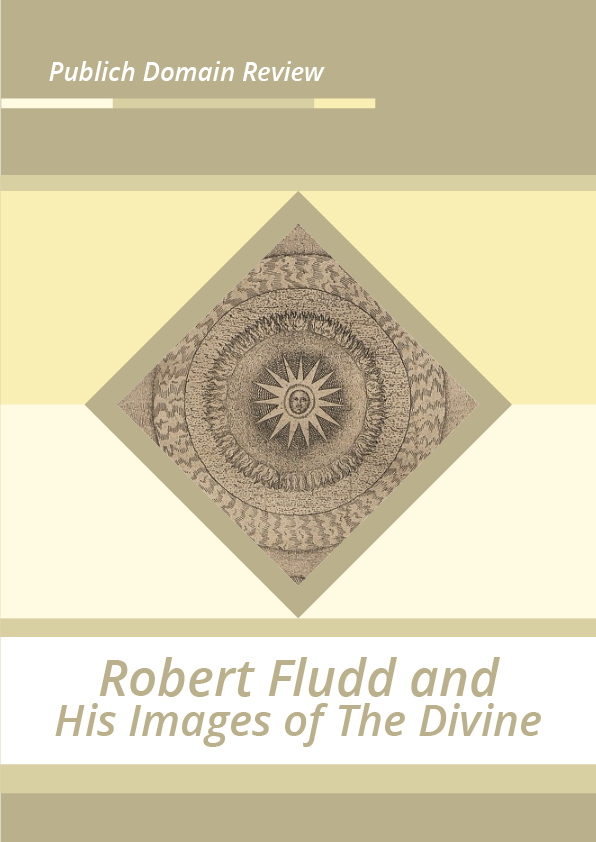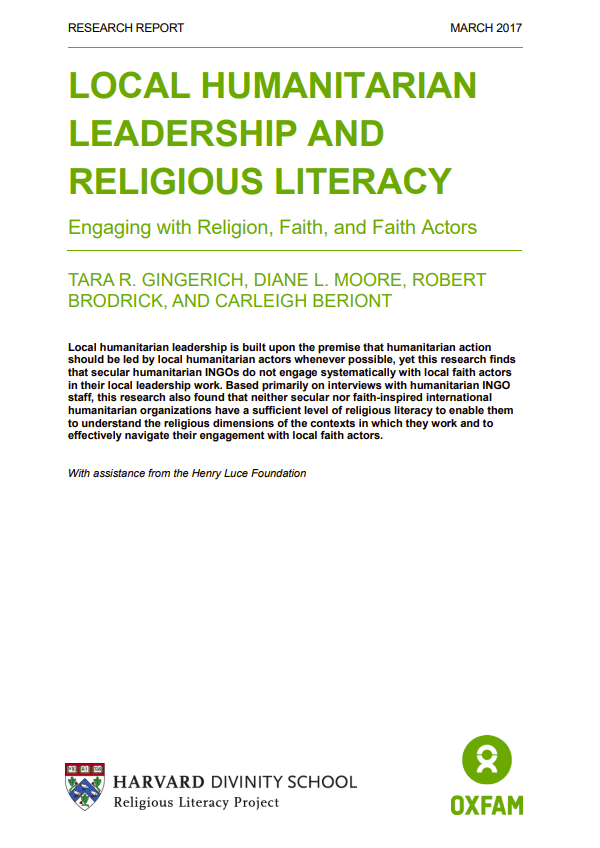To Assaf, “my firtborn, my might, and the beginning of my strength, the excellency of dignity, and the excellency of power”, with tremendous love and deep appreciation.
Many of the important revolutions in philosophy occurred not by taking a step forward, but rather by taking a step backward. The great question that every philosophy hopes to answer is “What are the basic elements of the world?” When it makes progress in presenting answers to this question, it is challenged by the next philosophical revolution, which asks whether the very inquiry about these elements is possible at all. It therefore poses even more basic questions and presents answers containing even more basic elements. And so it goes. The Greeks tried to describe the world, and were so bold as to present definite propositions about it. Then Descartes came and said that before we can describe the world and its elements, we must ask whether we are even capable of knowing anything about it. This question heralded the development of epistemology, which tried to provide answers to this more basic question. But then Frege, Russell and the other pioneers of analytic philosophy arrived on the scene and stated that before we can describe the world, including the boundaries of knowledge, we should remind ourselves that all our assertions about the world are made through language. Let us then try to find out to what extent our language represents the objects it is meant to represent, to what extent we are able to say meaningful things, and about what. Thus began the “linguistic turn” in philosophy, which attempts to provide answers to this more basic question
Source theory, which I present in this book, is an attempt to take yet another step backward. This theory claims that every datum – whether mental or linguistic – has a source. The set of data transmitted by a particular source or set of sources constitutes a database. The way the data are managed according to their sources is the source model, and all of these are parts of a system. This poses a challenge to modern philosophy, asserting that before we try to describe the world, including the boundaries of knowledge and the relationship between world, mind and language, we should remind ourselves that our entire discussion is within a system, and sometimes about a system.
Indeed, Source theory is a branch of epistemology, and thus seems to return the discussion to the stage before Frege and Russell. However, it understands epistemology in the broadest sense. Contemporary epistemology enquires into the rational justification of belief, while Source theory reminds us that the rational system is only one of many possible systems; contemporary epistemology examines our beliefs about the is, while Source theory gives us tools that can work for the ought as well. Contemporary epistemology treats our knowledge of language as distinct from our knowledge of the world, while Source theory applies the basic scheme of the latter to the former as well. As we shall see, it actually deals with more basic questions of philosophical discourse in general, and also helps clarify – and sometimes even solve – questions that have occupied numerous branches of philosophy for centuries. At the same time, it evokes new questions which have not been raised before, or at least have not been sufficiently refined. Thus, although the main purpose of Source theory is to illuminate the discourse in epistemology, it also has fruitful applications in almost every branch of philosophy. Moreover, it attempts to provide a primary theoretical foundation for discussion in many of these areas.
